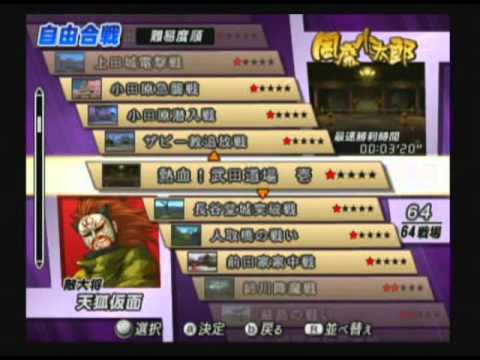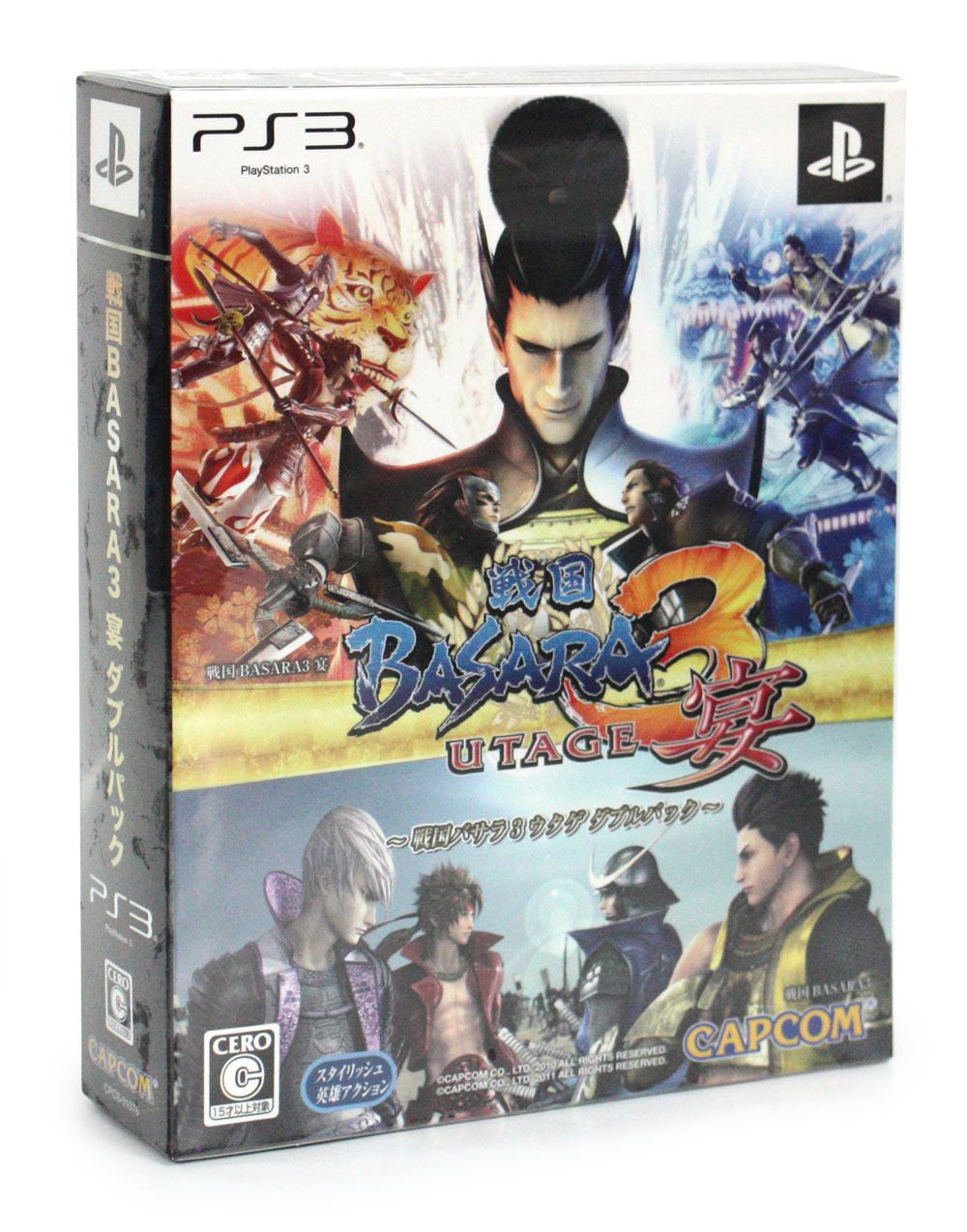

The Sengoku Boom sparked a renewed interest in the history of Japan (mostly the Sengoku period of feudal Japan, hence the name) where people in Japan go to museums, castles, and battlefields to learn about their favorite Sengoku Basara characterscharacters real life history, buy merchandise related to the game series and the Sengoku period, and buy video games involving the Sengoku period (mostly Sengoku Basara ).

The game marks the series first anniversary and is also considered to have started the Sengoku Boom throughout Japan. The game was ported to the Wii in 2007 as part of the Sengoku Basara 2 Heroes: Double Pack.Īn expansion titled, Sengoku Basara 2 Heroes, was released in 2007. It was never used again due to the negative response the localization received from fans, critics, and consumers. Sengoku Basara serves as one of Capcoms flagship series in Asia.Īs of December 31, 2017, the game series has sold 4 million units worldwide.ĭevil Kings, an English-language version of the game, featured altered gameplay and a completely different, supposedly more western audience-oriented fantasy story with original characters.

The franchise started with the first Sengoku Basara video game releasing in Japan on July 21, 2005, for the PlayStation 2. Sengoku Basara is considered to be popular in Japan with the franchise getting good reviews and sales, winning some awards, becoming a cultural phenomenon, having the video games being cited as an example of games as art, and gaining a big and passionate fanbase.ĭespite Sengoku Basara being considered obscure outside of Asia, it does maintain a small following in countries such as Australia, France, Germany, Italy, Russia, the United Kingdom, and the United States.Įvery console and handheld Sengoku Basara game in Japan has received a B rating (Ages 12) except for Sengoku Basara 3 Utage which received a C rating (Ages 15) from CERO.
#SENGOKU BASARA 3 UTAGE ENGLISH PATCH WII PLUS#


 0 kommentar(er)
0 kommentar(er)
